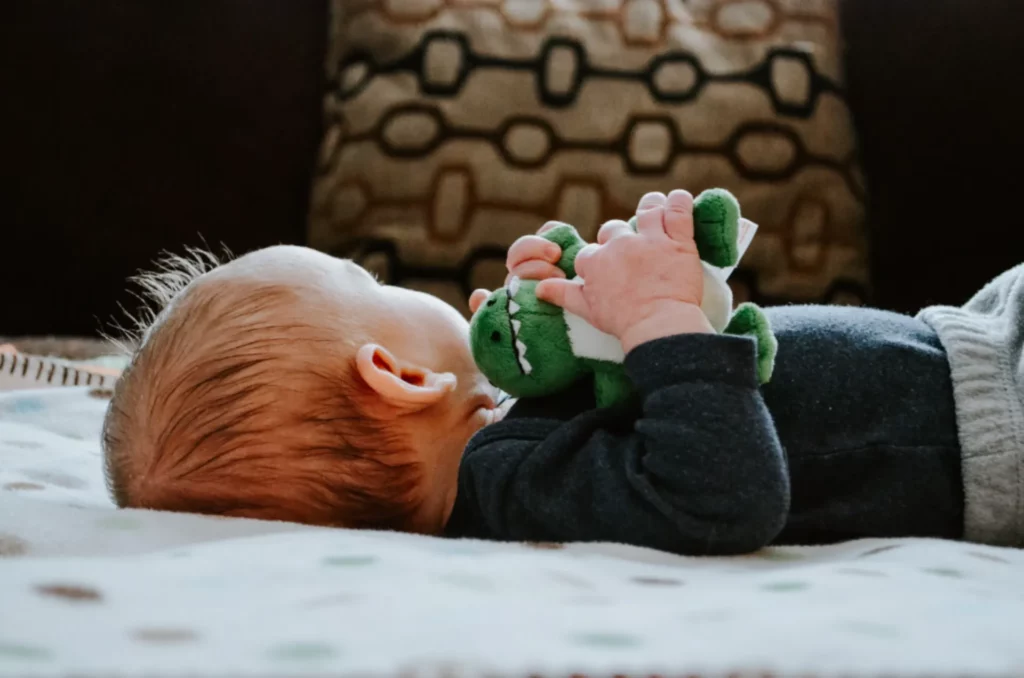Having a new baby can be a wonderful yet sometimes challenging task at the best of times… never mind having one in the current climate!!!
Amidst the feeding, winding, changing, repeat, there are countless tasks that you have to worry about but here at The Children’s Physio Ireland, we are here to make sure that the position/shape of your baby’s head is not one of them.
Plagiocephaly is the medical term used to describe the flattening of one side of a baby’s head.
It is most common in newborn babies because the bones that make up their skull remain very soft making them more susceptible to being moulded or flattened.
The most common causes of this include:
- the position that your baby may have been in the womb (in utero)
- a difficult labour
- the development of a head preference to a particular side
- tight neck muscles on one side (also known as torticolis)
- prematurity (a premature baby will often have softer bones initially
How is It Picked Up??
You may start to notice yourself that your baby tends to favour lying or looking to one side. Indeed you may notice they have a slightly flattened area on one side of their head or it might be that this is picked up by your GP or PHN during your baby’s checks.
Remember early intervention is key and just a few simple things can be started straight away! These include:
- Regular changes in position including tummy time as able, use of slings
- Sleep, when your baby falls asleep, gently reposition their head so that they are coming away from their preferred/slightly flattened side.
- Feeding, make sure that you are not always feeding your baby in the same position, try to swap the arm that you are holding them in so that they are not always facing the same way… this one might take a bit of practice!!
- Play, position your baby so that any light sources (windows/tv) or even their toys are towards the opposite side. Again encouraging them to come off their slightly flattened side.
- Physiotherapy, if you are in any way concerned about the above physiotherapy is a great source of help. Make sure to attend a Chartered Physiotherapy that specialises in dealing with children where they can assess for tight neck muscles and advise you on a specific positioning programme for your baby.
Probably one of the most important things to remember is that this change in head position does not cause any pressure on your baby’s brain and that this in itself will not lead to any ongoing developmental issues.
If you have any questions about Plagiocephaly or how to manage it best at home please do not hesitate to get in touch.

